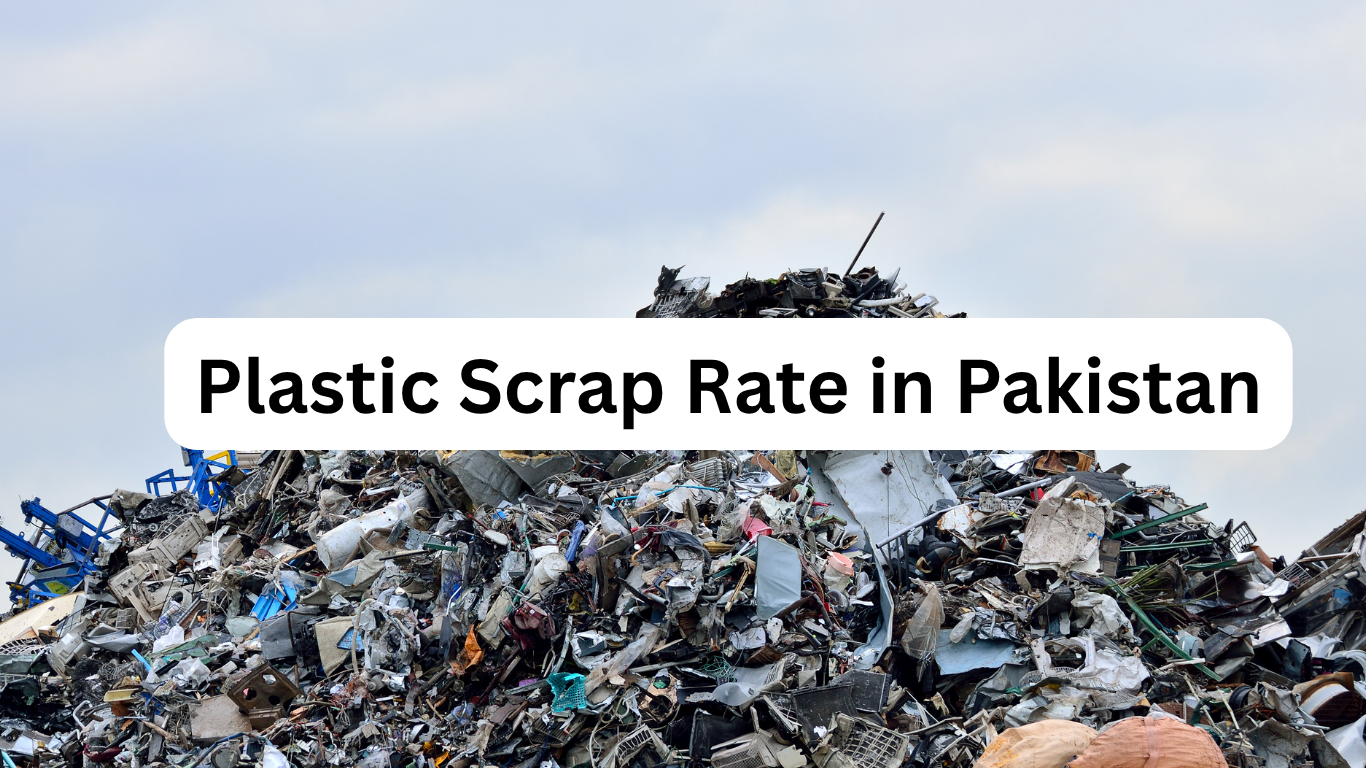| Plastic Scrap Type / Category | Price Range (PKR per kg) |
|---|---|
| Mixed Plastic Scrap | 70 – 80 |
| Plastic Pepsi (Beverage) Bottles | 445 – 450 |
| Light E‑Waste (mainly plastic) | 45 |
| Normal Recyclables / Office Plastic | 60 |
Pakistan’s plastic recycling industry plays a crucial role in waste management and economic sustainability. Understanding current plastic scrap rates helps businesses, recyclers, and waste collectors make informed decisions about buying and selling recyclable materials. This guide breaks down the latest pricing for different types of plastic scrap across Pakistani markets.
Current Plastic Scrap Price Categories
The plastic scrap market in Pakistan operates with distinct pricing tiers based on material quality, contamination levels, and end-use applications. Here’s what you can expect to pay or receive for different plastic categories.
Mixed Plastic Scrap: PKR 70-80 per kg
Mixed plastic scrap represents the most common category in Pakistan’s recycling market. This category includes various plastic types combined together, typically collected from household waste, commercial establishments, and industrial sources.
The moderate pricing reflects the additional sorting and processing required before these materials can be recycled into new products. Buyers often purchase mixed plastic in bulk quantities, making it an accessible entry point for small-scale waste collectors and recycling businesses.
Plastic Beverage Bottles: PKR 445-450 per kg
Plastic beverage bottles command the highest prices in Pakistan’s scrap market, reflecting their superior quality and recyclability. These bottles, primarily made from PET (polyethylene terephthalate), are highly sought after by manufacturers producing new bottles, textiles, and packaging materials.
The premium pricing stems from several factors. PET bottles maintain consistent quality standards, require minimal cleaning compared to other plastic types, and have established supply chains for reprocessing. Pepsi and other branded beverage bottles typically fall into this high-value category due to their standardized manufacturing specifications.
Light E-Waste Plastic: PKR 45 per kg
Electronic waste plastic represents the lowest-priced category in Pakistan’s scrap market. This material comes from discarded electronic devices, computer components, and household appliances. The plastic components from e-waste often contain various additives, flame retardants, and mixed polymer types that complicate the recycling process.
The lower pricing reflects the challenges associated with processing e-waste plastic, including potential contamination with metals and other materials, specialized handling requirements, and limited end-market applications.
Office and Normal Recyclables: PKR 60 per kg
Office plastic waste and normal recyclables occupy a middle-tier pricing position. This category includes plastic items from commercial offices, schools, and institutions such as printer cartridges, office supplies, and general plastic waste.
These materials typically offer better quality than mixed household waste but lack the consistency and purity of beverage bottles. The pricing reflects moderate processing requirements and steady demand from local recycling facilities.
Factors Influencing Plastic Scrap Prices
Several factors contribute to price variations within each category. Market demand fluctuates based on manufacturing activity, export opportunities, and seasonal consumption patterns. Quality grades within each category can significantly impact pricing, with cleaner, sorted materials commanding premium rates.
Geographic location also affects pricing, with major industrial centers like Karachi, Lahore, and Faisalabad typically offering better rates due to proximity to processing facilities and end users.
Pakistan’s plastic scrap market continues evolving as environmental awareness increases and recycling infrastructure develops. Government initiatives promoting circular economy principles and waste reduction create additional opportunities for growth in the recycling sector.

